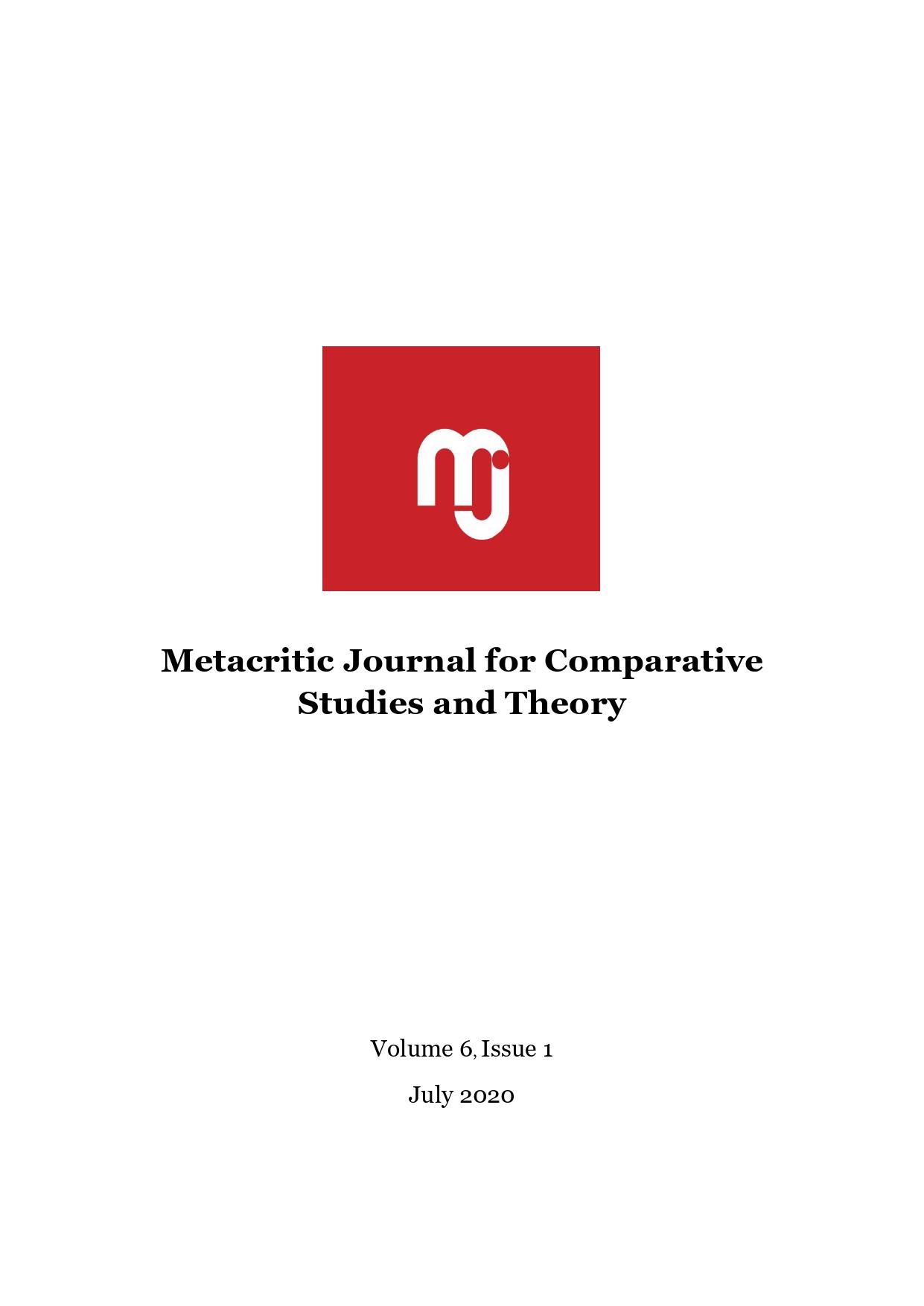Urban Spaces, Non-Places and Bad Places: Intersections Between Theory and Fiction in the Writings of Aldous Huxley and Michel Houellebecq
Urban Spaces, Non-Places and Bad Places: Intersections Between Theory and Fiction in the Writings of Aldous Huxley and Michel Houellebecq
Author(s): Maša UzelacSubject(s): Language and Literature Studies, Studies of Literature, Comparative Study of Literature, French Literature, British Literature
Published by: Universitatea Babeş-Bolyai
Keywords: Huxley; Houellebecq; Lefebvre; space, architecture;
Summary/Abstract: In exploring the nature of space in contemporary society, the writers Aldous Huxley and Michel Houellebecq adopt an anthropological approach which focuses on space as a product of human activities instead of an inorganic and stable entity. Their novels conceptualise their theoretical positionings on mobility in urban spaces, issues of identity, and influence of modern urban architecture on individuals and society. This paper demonstrates how in Huxley’s and Houellebecq’s writings urban environments reflect the individual and collective pathologies of the modern world. By referring to Lefebvre’s theory of the social production of space and Augé’s analysis of urban mobilities, this study explores the phenomena of consumption and commodification of urban spaces under capitalism. Following the postulates of the phenomenology of space, the paper also emphasizes the negative experience of urban architecture, which shapes the individual’s emotional response to both their physical and social environment.
Journal: Metacritic Journal for Comparative Studies and Theory
- Issue Year: 6/2020
- Issue No: 1
- Page Range: 110-131
- Page Count: 22
- Language: English

